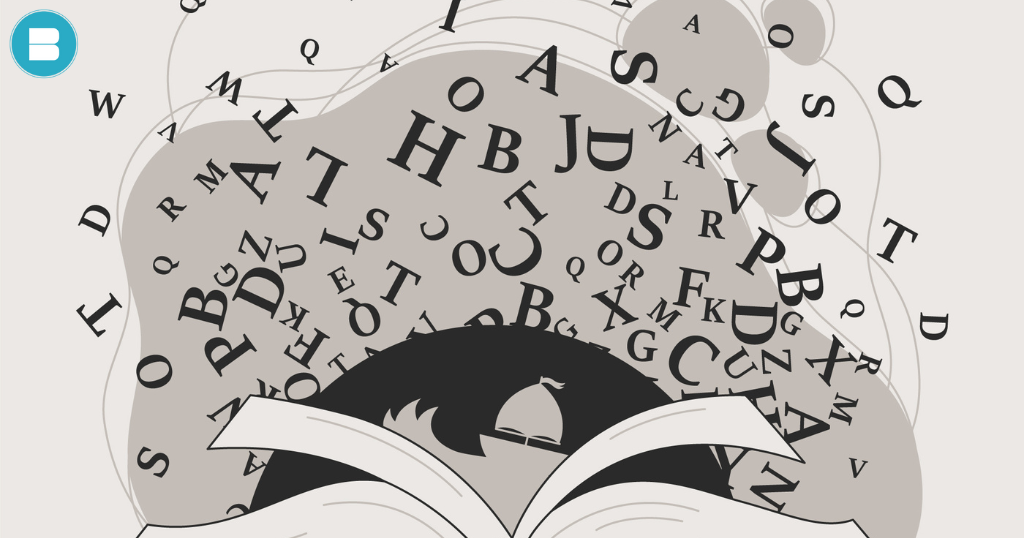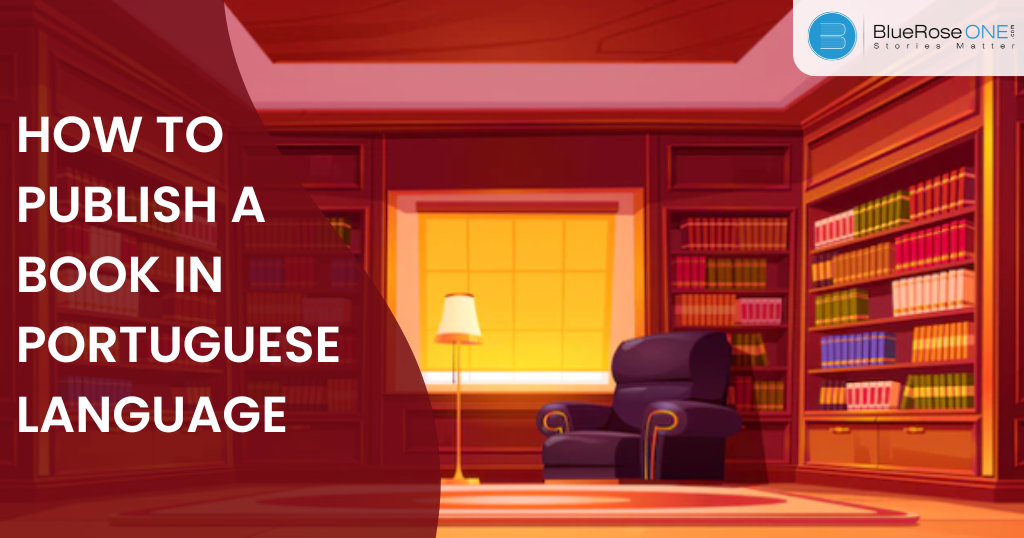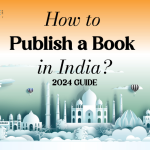Thinking to publish a book in Portuguese Language? Portuguese is a Romance language that evolved from the mediaeval Kingdom of Galicia’s Galician-Portuguese. It is a major world language and the official language of the European Union, the Organization of American States, the African Union, and the Lusophone countries.
Portuguese is spoken by approximately 272.9 million people. It is now the world’s fifth most spoken language, the Western Hemisphere’s third most spoken language, and the Southern Hemisphere’s most spoken language.
A language of culture, such as the Portuguese language, bears a long history and is both the raw material and product of several literatures, as well as an instrument of global affirmation for several societies: a language such as this lives in history, society, and the world.
Portugal’s literature is distinguished by a wealth and variety of lyric poetry, which has characterised it since the beginning of its language, after Roman occupation; by a wealth of historical writing documenting Portugal’s rulers, conquests, and expansion; and by the then-considered Golden Age of the Renaissance period, of which it forms part, the moral and allegorical Renaissance drama of Gil Vicente, Bernardim Ribeiro, Sá de Miranda, and especially the great 16th-century drama of (The Lusiads).
The introduction of the Baroque in Portugal in the seventeenth century is widely regarded as the century of literary decadence.
The eighteenth-century writers attempted to counteract the decadence of the baroque stage by attempting to re-establish the level of quality attained during the Golden Age through the establishment of academies and literary Arcadias – it was the time of Neoclassicism. The neoclassical ideals were abandoned in the nineteenth century, and Almeida Garrett introduced Romanticism.
In the classical phase, there are phases:
- First Classical Phases is the Renaissance – The Renaissance produced a pleiad of eminent poets, historians, critics, antiquaries, theologians, and moralists, transforming the sixteenth century into a golden age.
- Second Classical Phase is the Baroque – The alleged inferiority of seventeenth-century literature to that of the preceding age has been attributed to the new royal absolutism, the Portuguese Inquisition, the Index, and the exaggerated humanism of the Jesuits who directed higher education; however, if a genius had appeared, he would have overcome all obstacles.
- Third Classical Phase is the Neo-Classicism – Affectation persisted in the literature of the first half of the eighteenth century, but signs of a shift emerged gradually, culminating in the Romantic Movement, a complete literary reformation.
The strength of Portuguese literature has always been its lyrical and poetical virtues, fueled by one of the world’s great Romance languages. Many of the traditions, ideas, forms, and structures of the French poets were adopted by early court writers, whose style became ingrained in the fabric of the Portuguese people and culture.
Read: List of 10 successful self-published authors who chose self-publishing.
Famous Portuguese Novels for you to read and enjoy!

Writing in a second language is never easy, but choosing a difficult language like Portuguese makes the task even more difficult. Should this put you off? Absolutely not!
With a positive attitude, determination, and helpful ideas, you can realise your dream of writing a fiction narrative. You’ll be ready to embark on this fantastic journey if you have a brilliant story in mind and want to put it on paper.
- Before you begin writing your book, improve your vocabulary.
- Sketch out a rough outline for your story.
- Write the book draft by draft – start with the first layer, write whatever comes to mind, and then refine it in the second draft.
- Even if you know enough Portuguese to write a book, hire a native speaker to edit it because it will be easier for them to edit it precisely.
- Make a list of your mistakes to help you in future writing projects.
- Keep it simple; complicating your vocabulary will confuse you and make it difficult to express your thoughts.
Read: How to self-publish a poetry book in India: Essential Guide.
A few tips that will help you in publishing your novel in Portuguese Language-
- Write Clearly
DO state exactly what you mean and mean exactly what you say. Every paper is a condensed version of a series of smaller messages that can be said to unravel this complication. You must make it apparent that you are navigating this intricacy for the reader. Throughout, clarity is the watchword. Abstracts that are well written, an attention-grabbing starting sentence in the introduction, uncluttered figures, and detailed figure legends are all important. DON’T make the assumption that the reader is as knowledgeable about the subject as you are. People will abandon your article if it has too much jargon and hidden assumptions, fails to apply modern data visualisation approaches, and conceals key ideas by inverting the logical order or burying them in the results. - Your editors are you backbone
DO EVERYTHING you can to work with an excellent editor. Because the publishing sector is volatile, exceptional editors relocate to places where they can be creative and intellectually inventive. Take their lead. A terrific commissioning editor can completely transform your life. DO NOT TOLERATE poor sub-editing. To keep your sanity, request that the sub-editor focus on a single chapter rather than the entire manuscript and return it to you. You can then assess their editing technique and how it corresponds with your book’s aims. - Put your work in context
DO make it abundantly clear where your work fits in respect to others right away. It is critical that all journals – and, indeed, all readers – comprehend the work’s utility and purpose as part of a larger communal intellectual enterprise. DON’T get caught up in minor minutiae. When we spend a significant amount of time on parts of research, the temptation is to translate this into word count in the final article. - Take the final editing in your hands
DO edit as much as possible. Begin with a title; write the simple things first, then work your way around to the harder bits. Edit constantly. You’re mistaken if you think your first draft is excellent. Editing allows you to understand what you truly believe. DO NOT BE AFRAID OF FAILURE. Playing it safe is simple, as is pursuing popular themes. However, ideas are cheap, and the majority of them are incorrect. You have to test a lot of them before you locate the good ones. Don’t be too attached to yours or worried that someone will steal it. They most likely will not. - Do a thorough research
After your manuscript is ready to put out for people to read, search for Portuguese Book Publishers that have a history with publishing academic books. It will help you understand the strength of their base in the particular category. Check their packages while keeping in mind your budget and what all services you’d require. - Compare pros and cons
Each Portuguese Book Publishers will have something you’d like and something you’d not, make sure to weight all the possibilities and possible scenarios before you choose the suitable publishing house for you. - Trust the process and coordinate with the team
Discuss everything with them, then sign a contract to start the process. Keep up with the process and enjoy the thrill of becoming a new author. Make sure you understand what you need on your cover page, your book’s genres, and who your target audience will be. Make an attempt to be a good sport as a client/author, and keep your project team members motivated as well.
Create & Publish Your Book For Free
BlueroseONE assists emerging writers towards being noticed in both national and international markets. We publish in regional and worldwide languages and provide a variety of adaptable services in this regard.
Being an self published author is a dream for many and to become successful in the international market is a milestone in itself.
















